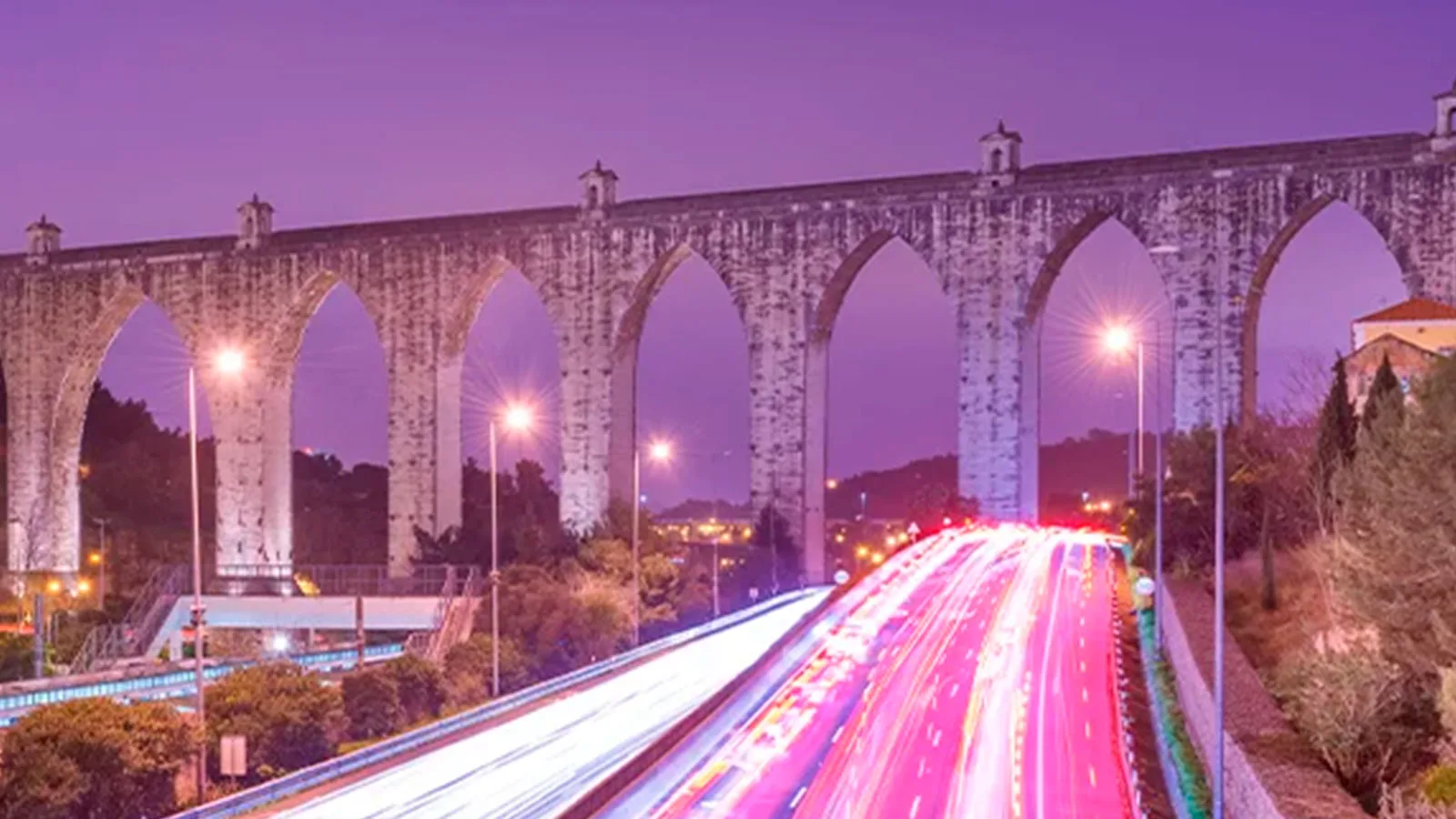WBCSD’s Transport & Mobility Pathway aims to abate global transport emissions in line with a +1,5°C scenario by helping businesses achieve their net-zero carbon commitments and accelerating the adoption of zero-emission vehicles and technologies.
We support companies in managing their sustainability transition and finding new revenue sources through circularity and data-driven mobility solutions. We do this by convening companies from the extended transport value chain and leading organizations from the transport space in action-oriented projects and collective advocacy.

